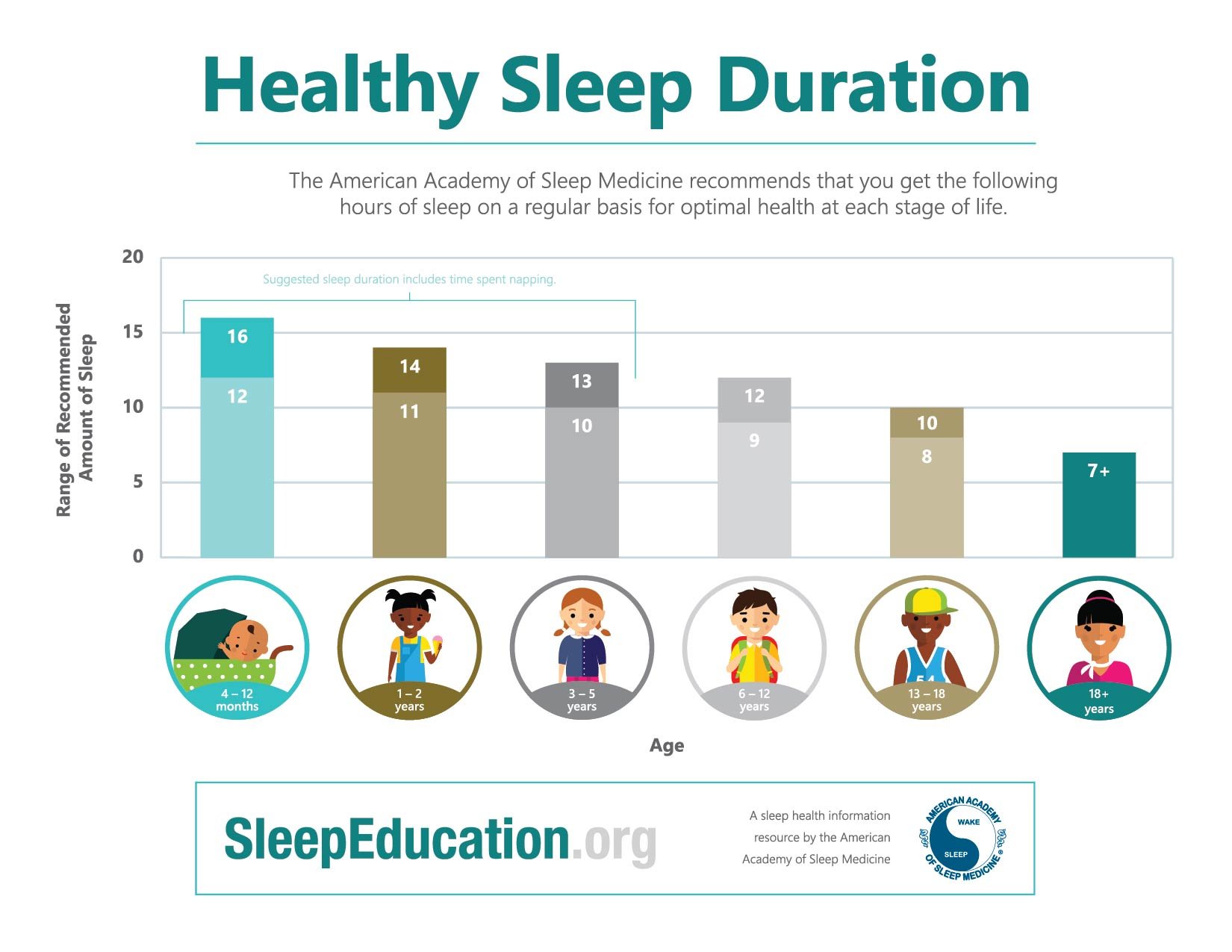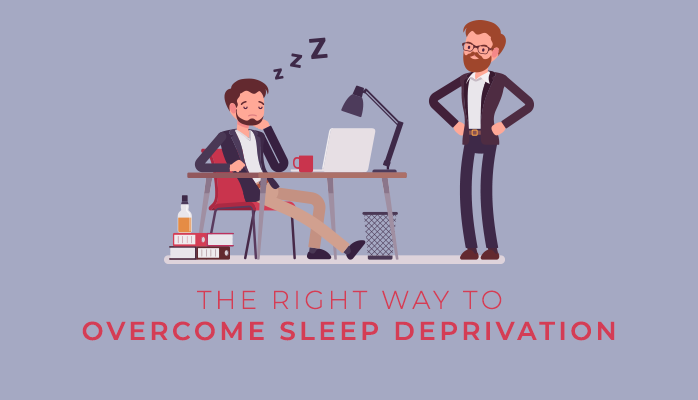Sleep Deprivation and Sleep Debt
When you don’t get enough sleep, you become sleep deprived. The difference between how much sleep you have been getting and how much sleep you personally need is often called a “sleep debt.” The implication here is that over time, a “debt” forms where you need to “catch up” on sleep in order to not suffer from sleep deprivation any more. Unfortunately, overcoming sleep deprivation is not as simple as that.
Sleep debts are extremely important to correctly understand. The common misconceptions about what a sleep debt is and how you “repay” it undermines the ability to actually overcome sleep deprivation. The primary misconception that we see is that one can “repay” a sleep debt in the same way you repay a monetary debt: by binge sleeping.
It simply doesn’t work this way.
Symptoms of Sleep Deprivation
- Chronic daytime fatigue
- Depression
- Chronic anxiety
- Chronic irritability and anger issues
- Inability to manage and respond healthily to stress
- Other mood troubles
- Lower sense of happiness and well being
- Poor performance at work
- Poor performance in academics
- Poor performance in athletics
- Poor performance during work-outs
- Trouble with weight maintenance
- Impotence and/or reduced sex drive
- Trouble staying awake at the wheel
- Headaches
- Clinical exhaustion where the body begins to break down (hair falling out, for example)
- Chronic brain fog
- Trouble concentrating or staying on topic
- Trouble learning
- Trouble with memory, such as forgetting simple things
- Slower, less efficient, and worse at performing cognitive tasks, such as at work
Usually people with chronic sleep deprivation will exhibit a number of these symptoms, even with mild sleep deprivation.
How Much Sleep Do We Need?
Overcoming sleep deprivation starts with understanding how much sleep you need which mostly depends on your age [National Sleep Foundation]:
- <1 year: 12-17 hours per day (more sleep for newborns than toddlers)
- 1-2 years: 11-14 hours
- 3-5 years: 10-13 hours
- 6-13 years: 9-11 hours
- 14-17 years: 8-10 hours
- 18-65 years: 7-9 hours
- 65+ years: 7-8 hours

Second, how much sleep you need depends on you, specifically based on:
- Your natural, internal needs
- Your external needs depending on lifestyle factors like activity level, diet, etc.
For example, if you are 30 years old, you can count on needing at least 7 hours of sleep. But whereas your friend can function optimally on 7 hours of sleep, you may need 8.5 hours of sleep to feel your best.
In summary: you need at least a certain amount based on your age, and may need additional sleep depending on what makes you function the best.
The WRONG Way to Overcome Sleep Deprivation (It Doesn’t Work)
Let’s look at a common way people try and overcome their sleep deprivation by repaying their sleep debt with binge sleeping. Here’s a common binge sleeping scenario:
- During the week you stay up late 4 nights
- You get up early for work, maybe only getting about six hours of sleep on those 4 nights whereas you really need 7.5 hours of sleep, an effective “sleep debt” of 6 hours
- You’re not worried – you can “repay” this sleep on the weekend
- Then on the weekend, you sleep in an extra couple of hours each day and take a couple of naps, roughly making up your six hour debt – you should be feeling good on Monday, right?
Unfortunately, all of the evidence from research points out that binge sleeping does not help you overcome sleep deprivation.
Sleep studies show that getting one or two long nights of sleep does not remove the effects of sleep deprivation. It may relieve temporary tiredness and make you feel good for a little while, but sleep deprivation symptoms will still remain afterward. Furthermore, oversleeping can actually make your sleep deprivation symptoms worse.
The Right Way to Overcome Sleep Deprivation
Overcoming sleep deprivation by repaying your sleep debt does not work like repaying money. The actual way you repay your sleep debt is by establishing a healthy pattern of sleep over time. In the same scenario above, what you would want to do to repay your sleep debt is:
- Get a bit of extra sleep on the weekend
- Get enough or a little bit of extra sleep every day the following week
Repaying sleep debt involves consistent, restful sleep until the effects of sleep deprivation are gone.
Common Sleep Disorders that Cause Sleep Deprivation
Sleeping disorders can lead to sleep deprivation if not treated. Some of the most common sleep disorders that generally result in chronic and sometimes severe sleep deprivation are:
- Sleep apnea
- Insomnia
- Restless leg syndrome
- Circadian rhythm disorders
If you are struggling with chronic sleep deprivation, please contact us or take a free online sleep test.


